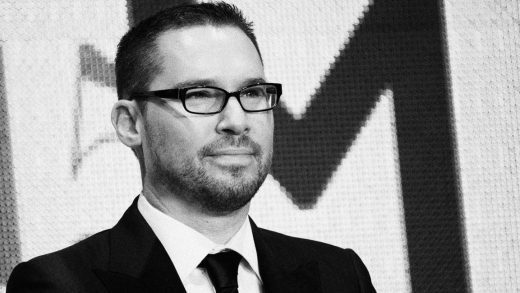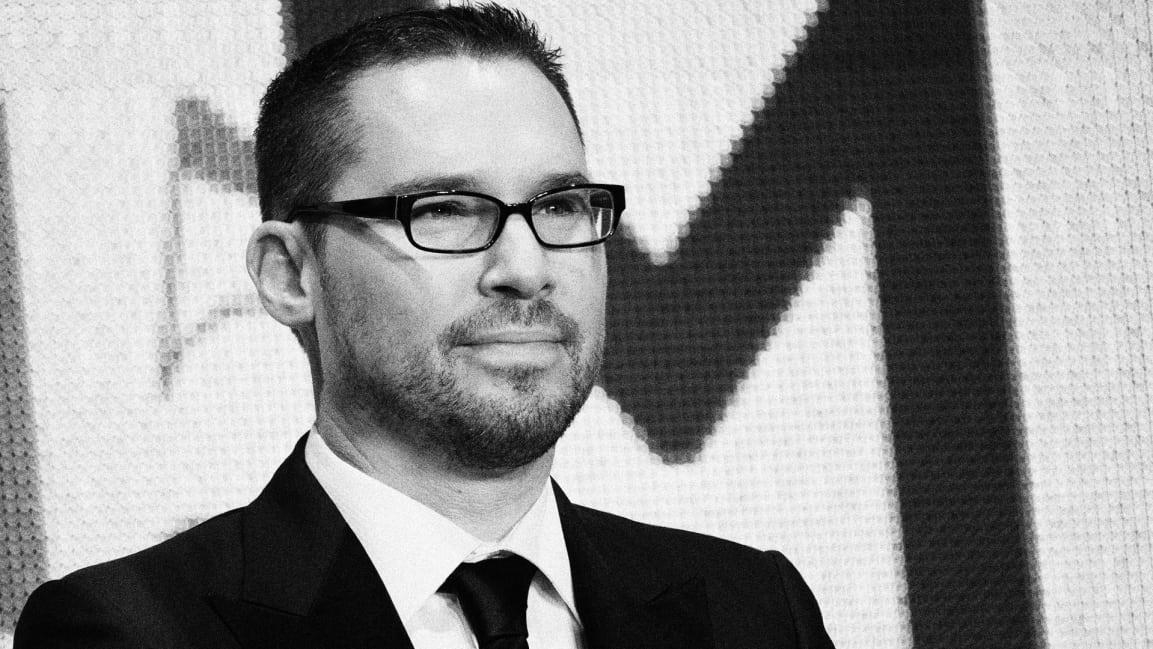The most damning accusations in The Atlantic’s explosive Bryan Singer exposé
When the Academy Awards nominations were announced earlier this week, the film Bohemian Rhapsody was nominated in several categories, including Best Picture. The Queen biopic, fresh off a big Golden Globe win, was directed by Bryan Singer–until he was fired from the production for erratic behavior and no-show days just shy of completing filming. Singer is currently signed to direct the comic book adaptation, Red Sonja, in a reported $10m deal. He is also the subject of an in-depth Atlantic exposé, the most comprehensive one yet, which paints him as a prolific sexual predator with a preference for teen boys. (The female protagonist of Red Sonja, by the way, is a survivor of rape.)
Whispers about Singer’s alleged proclivities have circulated around Hollywood for decades. The stories about pool parties packed with underage boys reached a fever pitch in 2014 when a man named Michael Egan brought a lawsuit against Singer, alleging he was part of “a sordid sex ring.” Although this lawsuit eventually fell apart (among other reasons, Egan had pled guilty to criminal fraud charges in an unrelated case) and Singer kept on working. His reputation remained in limbo, though, and fell further than ever when a Seattle man named Cesar Sanchez-Guzman filed a lawsuit against the director, at the dawn of the #MeToo movement in December 2017, claiming that Singer had raped him in 2003, when Sanchez-Guzman was just 17.
Though Singer has been sort of persona non grata during awards season so far, nothing yet has indicated that his career wouldn’t survive. Until now. The Atlantic piece, which took 12 months and over 50 sources to report, has arrived with the thud of a thoroughly consequential other-shoe-dropping. The piece briefly rehashes the claims already made public against Singer and reveals four new credible accusers who hadn’t gone public before.
Not only does the piece detail these new accusers’ allegations against Singer, it also describes the impact his predatory behavior has had on them, and further reveals an industry willing to either abet such behavior or sweep it under the rug when it surfaces, as long as the hits keep on coming.
Below are the most explosive revelations from The Atlantic piece on Singer:
- Victor Valdovinos claims that in 1997, when he was a seventh-grader, he was approached in a restroom by Bryan Singer about appearing in the film Singer was shooting at Valdovinos’ middle school, Apt Pupil.
- The scene Valdovinos was set to appear in eventually led to a series of lawsuits. It involved a group of boys aged 14-17 showering nude in a locker room setting. As Valdovinos was waiting to appear as an extra in the scene, he waited in a cordoned-off area of the locker room wearing just a towel. Throughout the day, Singer allegedly returned to this area to molest Valdovinos. Several details of Valovinos’ story have been corroborated.
- “Ben” alleges that when he was either 17 or 18, in the late-1990s, he attended one of Singer’s parties and had oral sex with the director. It was apparently consensual, but Ben describes Singer’s behavior thusly:””He would stick his hands down your pants without your consent… He was predatory in that he would ply people with alcohol and drugs and then have sex with them.”
- In the late-1990’s, Singer invested in the Hollywood startup Digital Entertainment Network, which was supposed to “produce TV shows and movies for 14-to-24-year-olds, with an emphasis on stories for gay teens, and distribute them online.” Singer was a regular at parties at the DEN founder’s mansion, where according to an eventual federal investigation, “teenage boys were allegedly given alcohol and drugs, encouraged to have sex with older men, and in some cases raped.” One of Singer’s new accusers, “Andy,” says he had sex with Singer at a DEN party mansion when he was 15–and furthermore, that Singer knew he was 15. According to The Atlantic, “Andy’s description of the mansion matches its layout, based on photos that were posted online when it was for sale.”
- “Eric” alleges that he had sex with Singer at one of the director’s parties when he was 17 and the director was 31–and that Singer knew he was 17 at the time.
- “Eric” alleges that he was just one of many boys brought to the attention of Singer and his circle at the time. “If you weren’t young and cute enough to be their boy, you could still ingratiate yourself by bringing boys to them,” he says in the article. “That’s how I met Bryan, and that’s how I wound up at the DEN estate–people trying to ingratiate themselves.”
- One of the cases being handled by Michael Egan’s lawyer, Jeff Herman, involves a civil suit on behalf of a “John Doe” against both Singer and Gary Goddard, who was accused by actor Anthony Edwards and several other former child actors of abuse in 2017.
- According to The Atlantic, both Stacey Snider, the chairman and CEO of 20th Century Fox, and Emma Watts, Fox’s vice chair and president of production, had concerns that Singer was attached to Bohemian Rhapsody, but the director was the choice of the surviving members of Queen. Allegedly, “Snider’s concerns weren’t about sexual-abuse allegations. As far as she knew, there had been only one case against Singer–Michael Egan’s–and it had been dismissed. Instead Snider was worried about Singer’s reputation for disappearing from sets.”
- Cesar Sanchez-Guzman, the accuser who emerged in December 2017, alleges that Singer raped him during a yacht party in 2003, when Sanchez-Guzman was 17, and that Singer warned him afterward: “Nobody is going to believe you.”
- Sanchez-Guzman also claims that he has been the subject of an intimidation campaign by Singer associates ever since his lawsuit went public.
Last October, Bryan Singer posted on Instagram that he has “known for some time that [there may be] a negative article about me.” He was right to be worried, if not for the right reasons. Read the entire Atlantic article here.
UPDATE: Bryan Singer has responded to The Atlantic article, calling it a “homophobic smear piece.”
Bryan Singer has responded to @TheAtlantic‘s story, which he calls a “homophobic smear piece”: pic.twitter.com/7W6ftBZ7I2
— Adam B. Vary (@adambvary) January 23, 2019
Fast Company , Read Full Story
(26)



